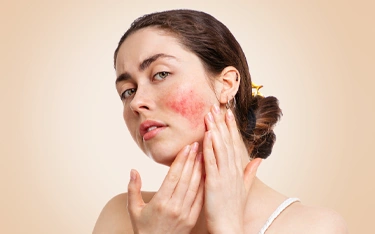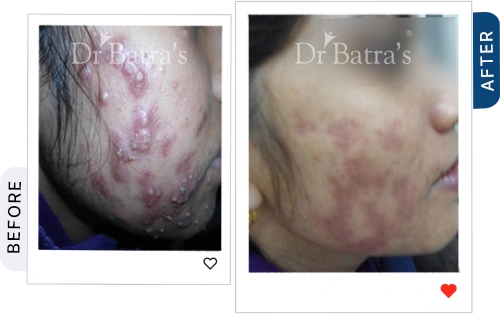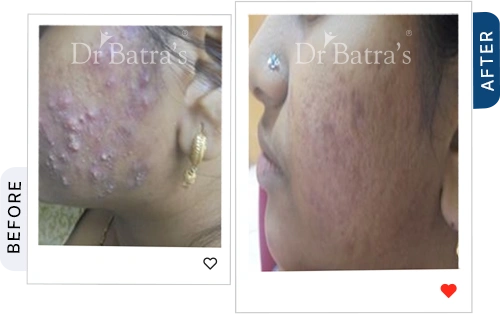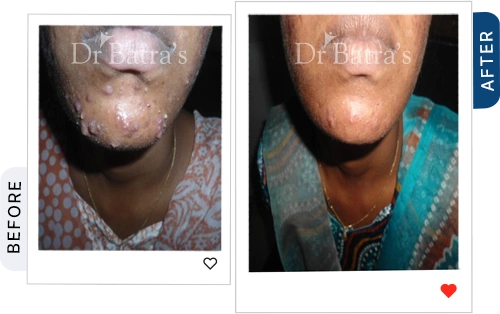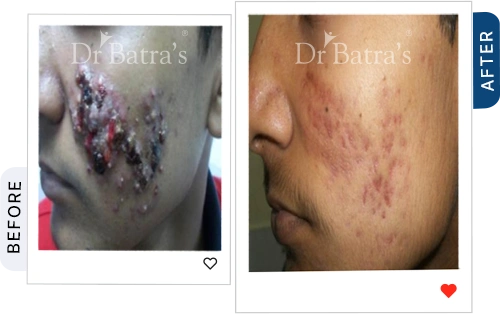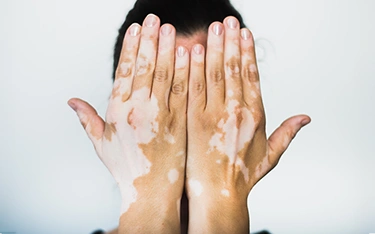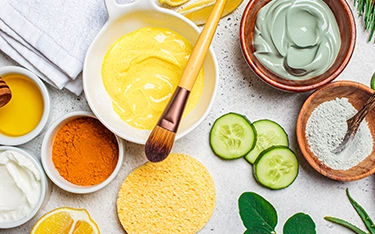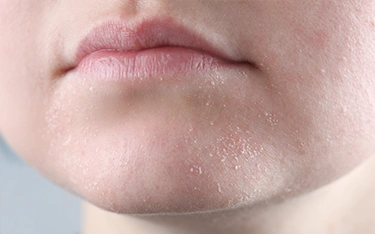FAQs
How do you know if you have rosacea or acne?
Rosacea appears as redness and bumps, while acne includes pimples, blackheads, and clogged pores.
Can rosacea turn into acne?
No, but rosacea can cause pimple-like bumps that resemble acne.
What is the difference between rosacea and cystic acne?
Cystic acne involves deep, painful breakouts, while rosacea causes redness and small bumps.
How can you tell the difference between rosacea and acne?
Rosacea usually starts later in life (30+ years old), while acne is common in teenagers.
